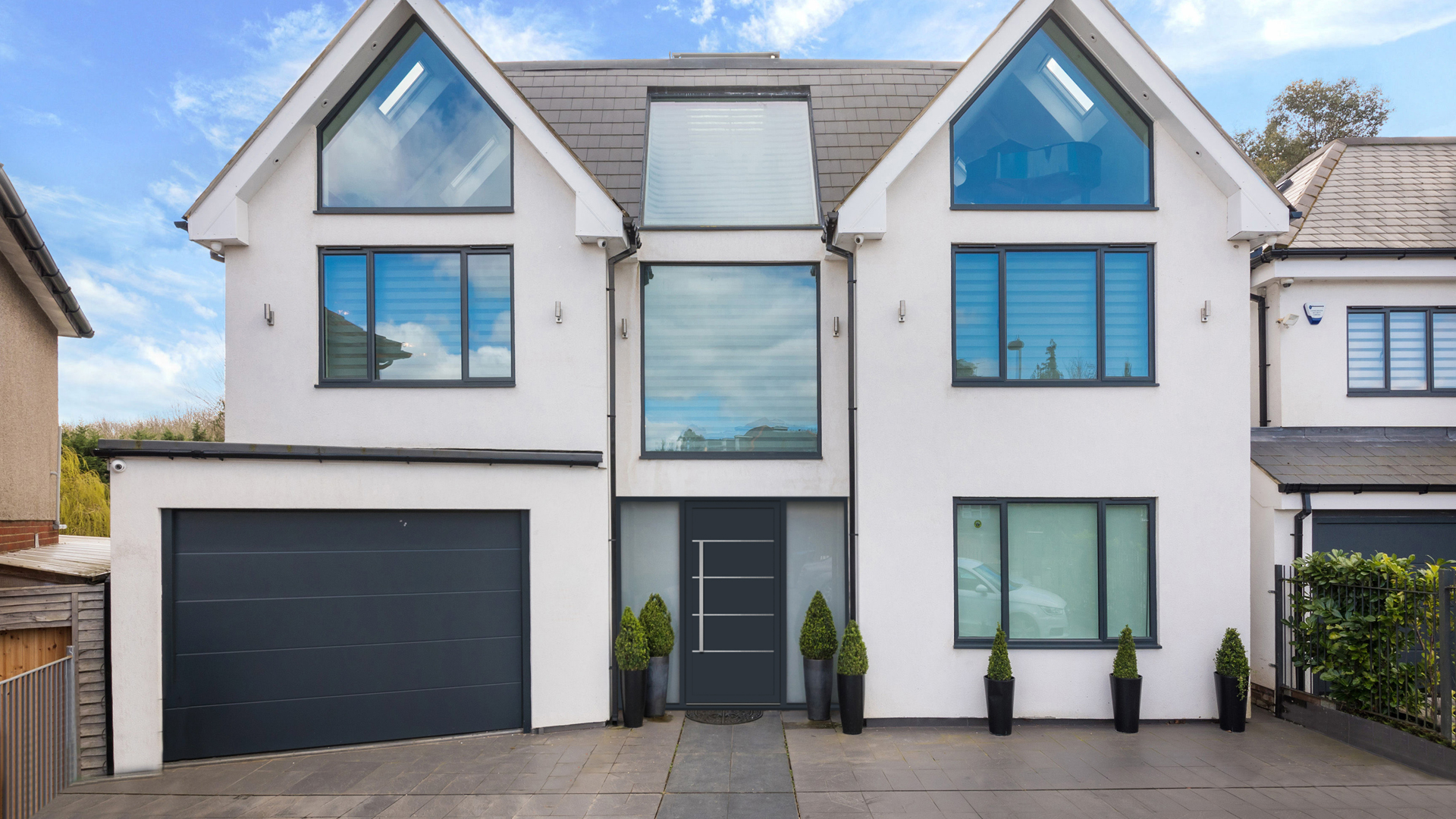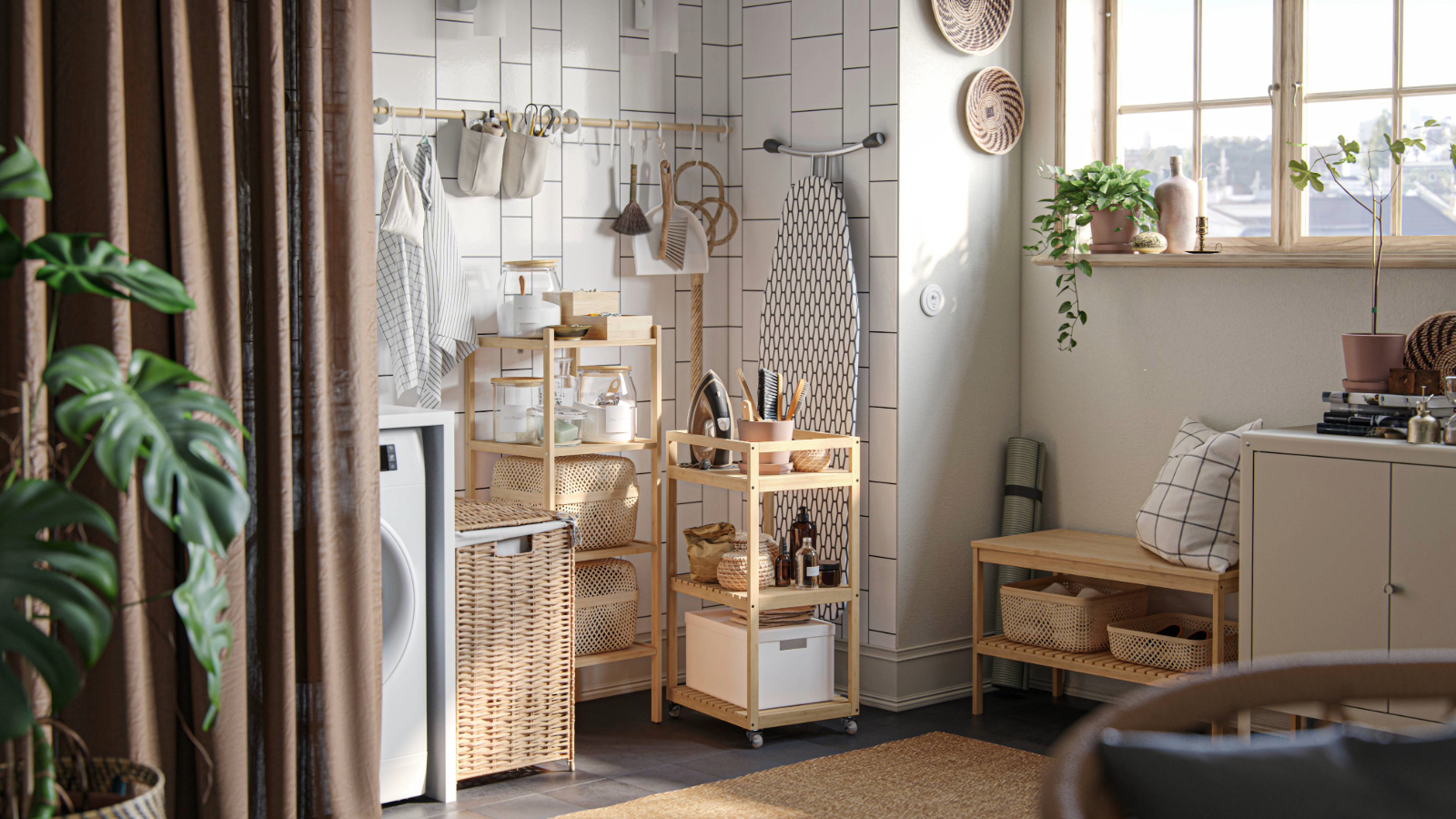
Bring your dream home to life with expert advice, how to guides and design inspiration. Sign up for our newsletter and get two free tickets to a Homebuilding & Renovating Show near you.
You are now subscribed
Your newsletter sign-up was successful
Learning how to register a new address is one of those admin jobs you'll need to add to the ever-growing list to get done when self building. But how simple is it to do?
Your self build will need a number and/or name to identify, but can you pick what you like or are there rules and regulations to follow? Who can you speak to about it and what's the process?
Here, planning expert Simon Rix explains everything you need to know to ensure your address is registered in the right way.
Can you Come up With the Name or Number Yourself?
If you’ve had a big input into creating your own self build home, you’ll no doubt want to have a say in what it’s called. Whilst you can propose almost any name, in the end it’ll be up to your local council make the final decision.
Generally, if there are no house numbers for the street you’ve built on, ie. only names, then you will have to have a name too. If there is an existing numbering system, you can slot in with that, eg you might become '8a Somewhere Close' if your house is an infill between numbers 8 and 9. Or you could choose a name instead. Or both.
The key is it must be logical and avoid confusion, which is why similar names to others already used in the area are unlikely to be approved.
What do I Need to do to get an Official Name and/or Number for my New House?
You will need to apply to your local council. Although there is some national guidance, most local authorities have their own too, so it’s best to head to their website to check out what they say there.
Bring your dream home to life with expert advice, how to guides and design inspiration. Sign up for our newsletter and get two free tickets to a Homebuilding & Renovating Show near you.
Some councils encourage references to local historical heritage, natural or landscape features. Others suggest contacting their street naming team for advice and you can even talk to your local town or parish council too if you have one.
You’ll then need to complete the appropriate form, which may require your top three suggested names, so the council can have a choice.
When Should I Apply and How Much Will it Cost?
The best time to apply is as soon as possible after you have achieved planning permission. Fees charged by councils vary from zero to almost £100, but most are around the £40 or £50 mark.
Does Getting a Name or Number for a House Prove you Have the Right to use it as a Residential Dwelling?
I’m afraid not. Some people think it’s a clever way to avoid getting planning permission, but it’s a totally different system. One of my clients tried this but ended up with an enforcement notice to move out and return the barn he had converted without consent back to agricultural use.
What Happens When My New Address is Approved?
When your new name or number is approved by the local council, they will inform Royal Mail (who will then assign you a postcode) and others including other council departments (such as Council Tax, Electoral Registration, Planning, Building Control and Waste Management), plus the fire and rescue service, your local ambulance service, the Police and the national Land Registry.
It’s your legal responsibility to ensure the name and/or number of your property is displayed and clearly readable from the road. You can mount it on your gate, gate post, door or wall, but you’ll need to ensure that there is a good colour contrast between the letters or numerals and the background to which they are fixed, and that they are of a sufficient size, usually more than 6cm high.
Simon Rix is a professional planning consultant, who began his career working in local government in the 1990s. He was a council officer and later an elected councillor, so he knows how the planning system works from both sides. He went on to set up Planix.UK Planning Consultants Ltd; a consultancy company that advises self builders, home extenders and those taking on small to medium-sized building projects on planning permission.

